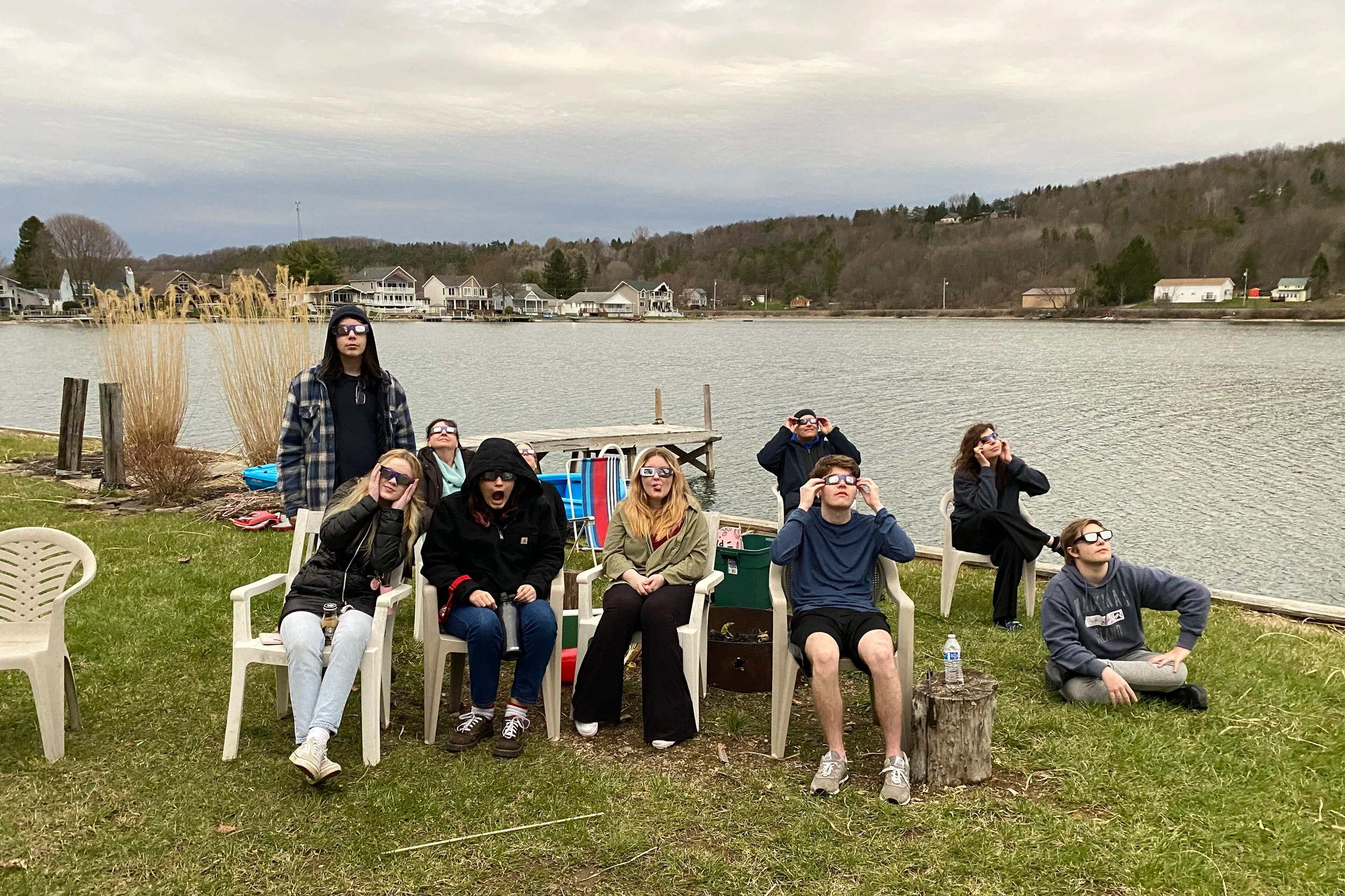Beyond Classes: What Students Really Learn at Embark Center for Self-Directed Education
Parents often ask us, “What classes do you offer?” It’s an understandable question—most of us were raised to see learning as a list of subjects taught at set times. But at Embark Center, classes are only one possible path. Some students take them eagerly. Others never do. And both approaches are equally celebrated, because the real learning here runs much deeper.
The Toolbox Metaphor
Think of classes at Embark Center as tools in a toolbox. Some students grab those tools often. Others discover they don’t need them right now, because they’re building with other tools—projects, conversations, mentorship, or self-study. The point isn’t to use every tool, but to know you can reach for the ones that help you build the life you want.
So what do students really learn here?
1. Self-Directed Learning
Students practice choosing what to work on, how to spend their time, and what matters to them. Whether they dive into classes, launch personal projects, or explore independent interests, they’re building the lifelong skill of learning how to learn.
2. Time Management & Executive Functioning
Instead of bells and rigid schedules, students practice managing their own time, balancing interests, and following through on commitments. These executive-function skills—planning, prioritizing, and organizing—are the foundation of independence.
3. Collaboration & Community Decision-Making
Through our sociocratic governance model, students experience real democracy. They don’t just talk about civic engagement—they practice it, making decisions that shape their own community.
4. Conflict Resolution & Communication
Using restorative practices and nonviolent communication, students learn to express their needs, listen deeply, and work through conflict without punishment or blame. These are human skills that strengthen relationships for life.
5. Adaptability & Real-World Problem Solving
Whether running events, creating projects, or navigating daily challenges, students learn to face obstacles, adjust plans, and keep going.
6. Confidence & Self-Trust
Most importantly, students learn to trust themselves. For some, that means diving into classes and clubs; for others, it means charting a path entirely outside traditional structures. Either way, they leave with confidence in their own voice, choices, and direction.
Why this matters more than classes
In today’s world, information is everywhere. Anyone can find a math lesson, a history lecture, or a science tutorial online. But what’s rare—and what truly matters—are the skills that help young people thrive: self-direction, adaptability, collaboration, confidence, and compassion.
At Embark Center, those are not side benefits—they are the core of what we do.
A shift in perspective
If you’re a parent exploring Embark Center, it’s natural to look for familiar structures: subjects, schedules, and grades. But the real gift we offer is freedom: the freedom for each student to design an education that fits them.
For some, that includes classes.
For others, it doesn’t.
And both paths are celebrated.
Because ultimately, what our students take with them isn’t a transcript full of courses—it’s the ability to build a meaningful life.
🔍 FAQ for Curious Parents
Do students have to take classes at Embark Center?
No. Many do, but some don’t—and that’s perfectly fine. Classes are one of many learning tools available.
What if my child prefers structure?
Students who like schedules can design their days with more structure, taking classes, joining clubs, or setting routines that work for them.
How do students learn academic skills without classes?
Through real-world projects, mentoring, peer collaboration, and self-guided study—often with more depth and personal relevance than traditional coursework.
What skills do kids learn if they don’t take classes?
They learn how to manage time, communicate, make decisions, solve problems, and take ownership of their growth—skills that serve them for life.

